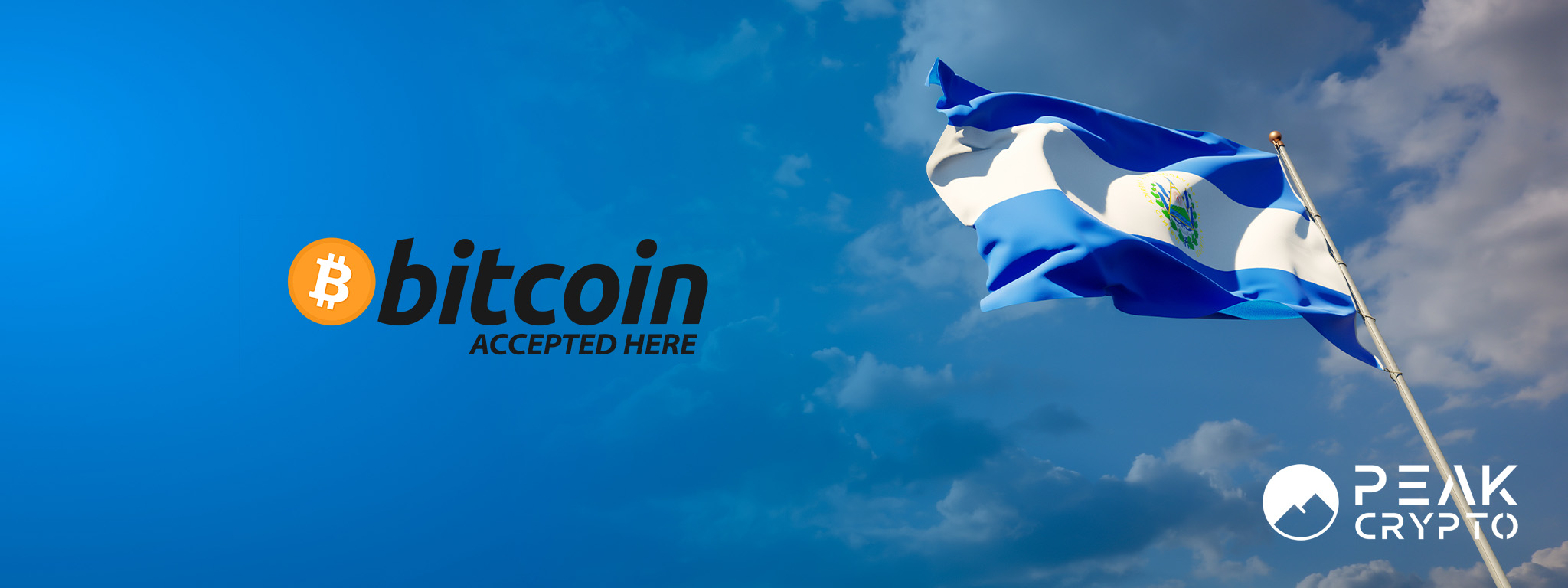El Salvador’s current President, Nayib Bukele, has officially declared his intention to run for a second term in the nation’s 2024 presidential elections set for February.
On October 26, the pro-Bitcoin leader secured a significant endorsement from the populace following his formal nomination by his political faction for a reelection bid.
Five more years, five more and not one step back. We need five years to continue improving our country.
Bukele said.
Bukele’s Political Ascendancy
Breaking traditional molds, Bukele surged to prominence in 2019 under the banner of the Neuva (New) Ideas party. This ascent interrupted a thirty-year duopoly held by the Nationalist Republican Alliance and the Farabundo Martí National Liberation Front (FMNLB).
While Bukele’s reign has seen considerable support domestically, there are detractors like Salvadoran attorney Alfonso Fajardo, who believe that the national constitution restricts Bukele from pursuing a consecutive term.
However, in a defining move, El Salvador’s Supreme Court decreed in September 2021 that presidents are eligible for back-to-back terms.
Today is a good day to remember that immediate presidential re-election is prohibited up to 7 times by the Constitution.
Alfonso Fajardo said.
Bukele’s Economic and Social Initiatives
Bukele’s New Ideas boasts the backing of an overwhelming 70% of the electorate, as reported by Reuters referencing a study from a local university. In contrast, its nearest rival garnered just 4% of the collective votes.
FMNLB, a contender of New Ideas, legally challenged Bukele’s move to integrate Bitcoin, terming it unconstitutional in June 2021. Yet, the motion saw little traction. Come September 2021, Bukele ensured Bitcoin was established as a lawful currency in the nation.
A highlight of Bukele’s tenure includes progressive tech-focused regulations, including the notable removal of all taxes on tech innovations.
Considering the nation’s potential, VanEck’s strategy consultant, Gabor Gurbacs, remarked that El Salvador could emerge as the “Singapore of the Americas.”
Much of the enthusiasm around Bukele can be attributed to his rigorous stance against the MS-13 gang, a significant factor in El Salvador’s previous infamous global ranking for homicide rates. Following his intervention, the national homicide rate plummeted dramatically by 92.6%, descending from 106 per 100,000 residents in 2015 to a mere 7.8 in 2022. This positions El Salvador with one of Latin America’s most commendable crime statistics.
Yet, international entities like the United Nations and other critics are vocal about potential human rights infringements, citing the detention of 65,000 individuals without granting them appropriate legal defense mechanisms.
The pivotal presidential election in El Salvador is slated for February 4, 2024.





